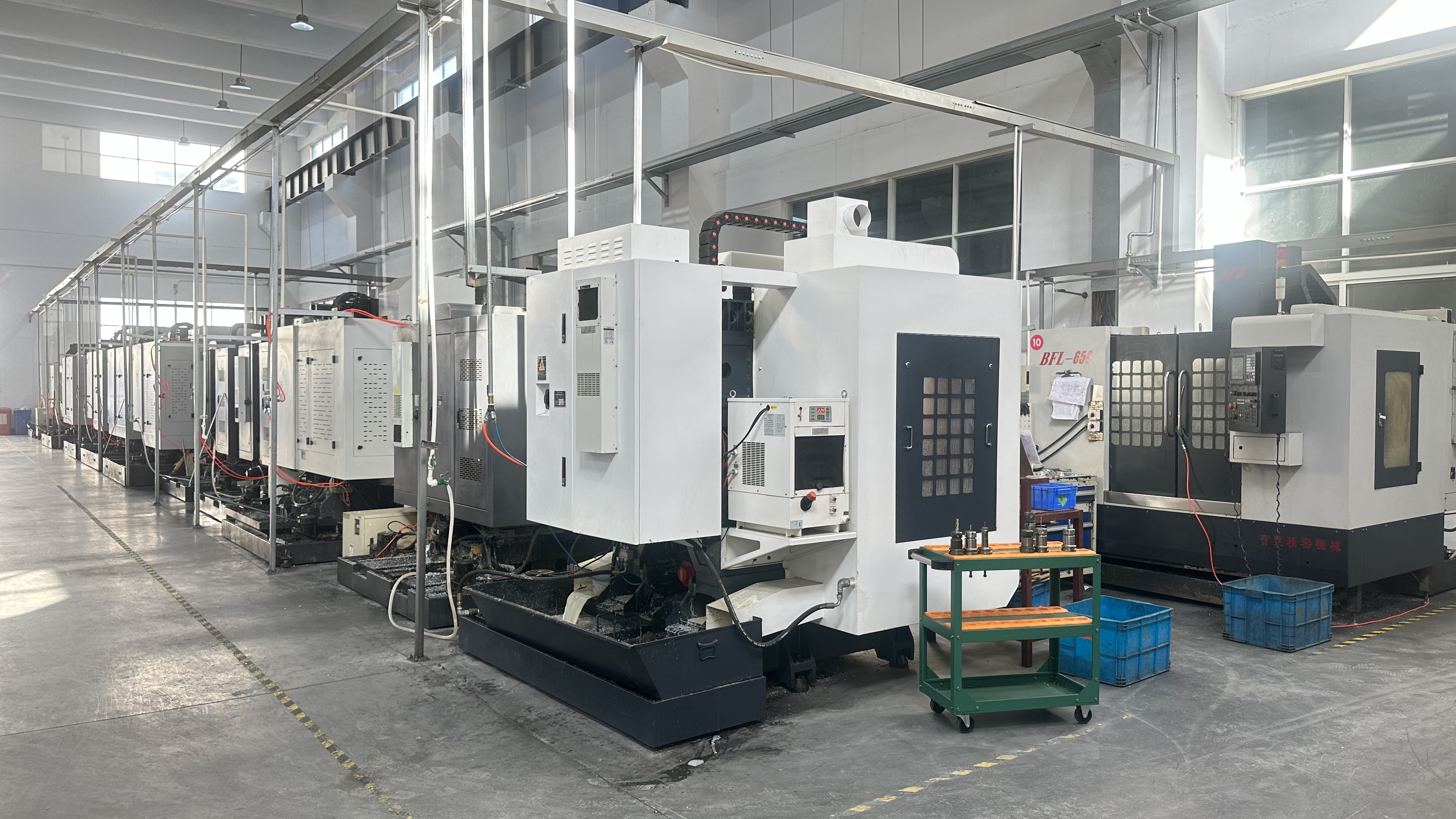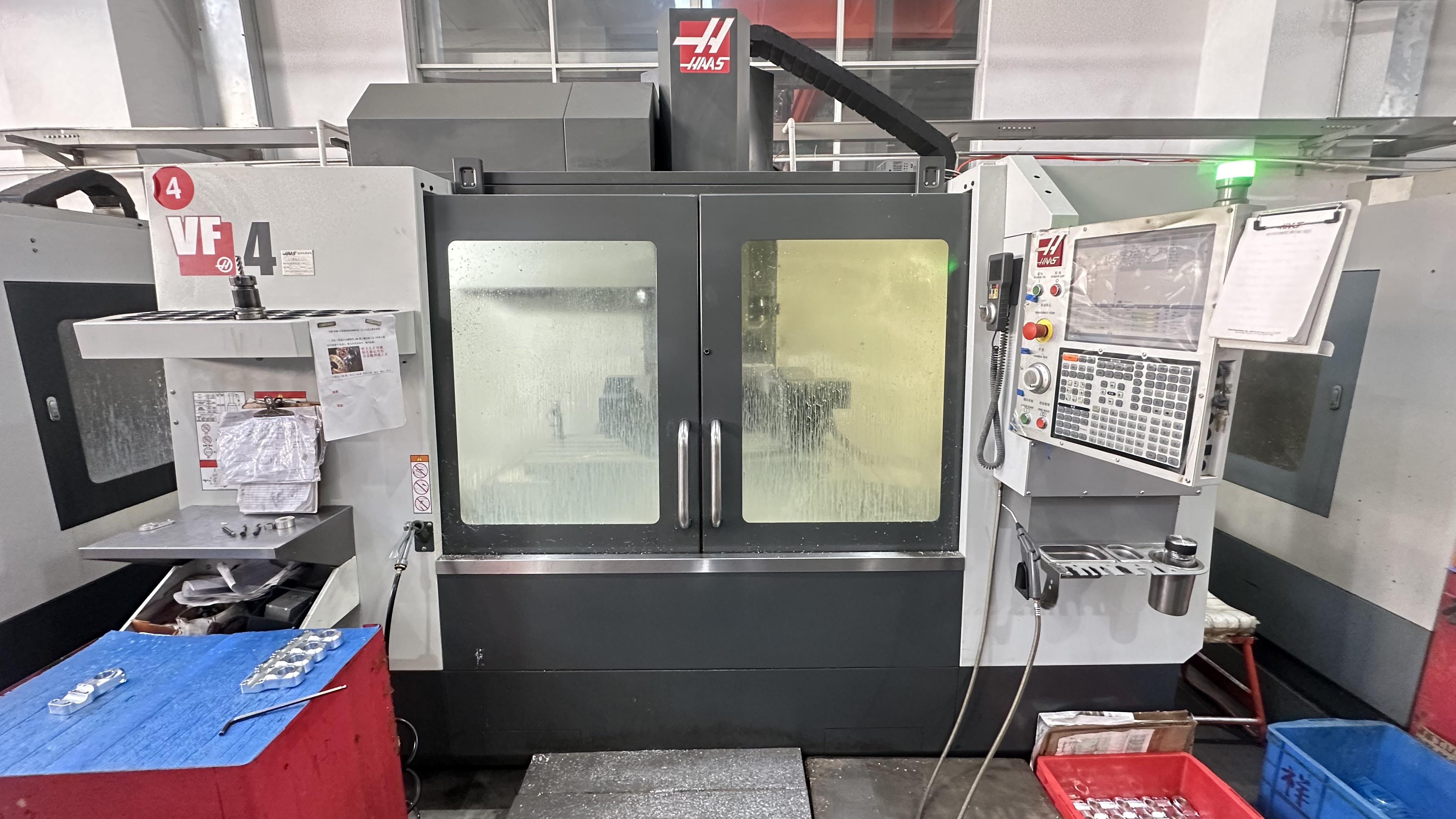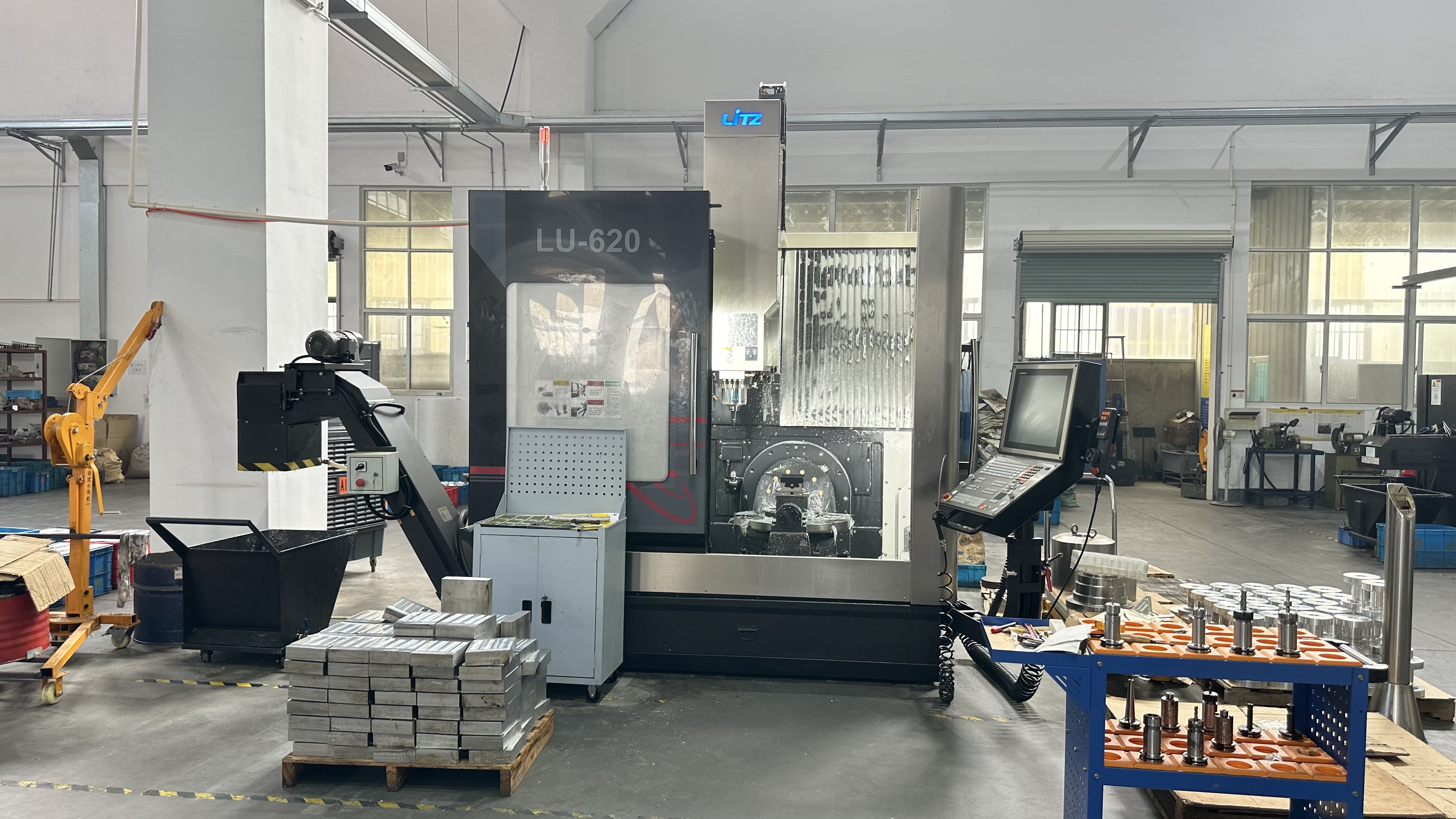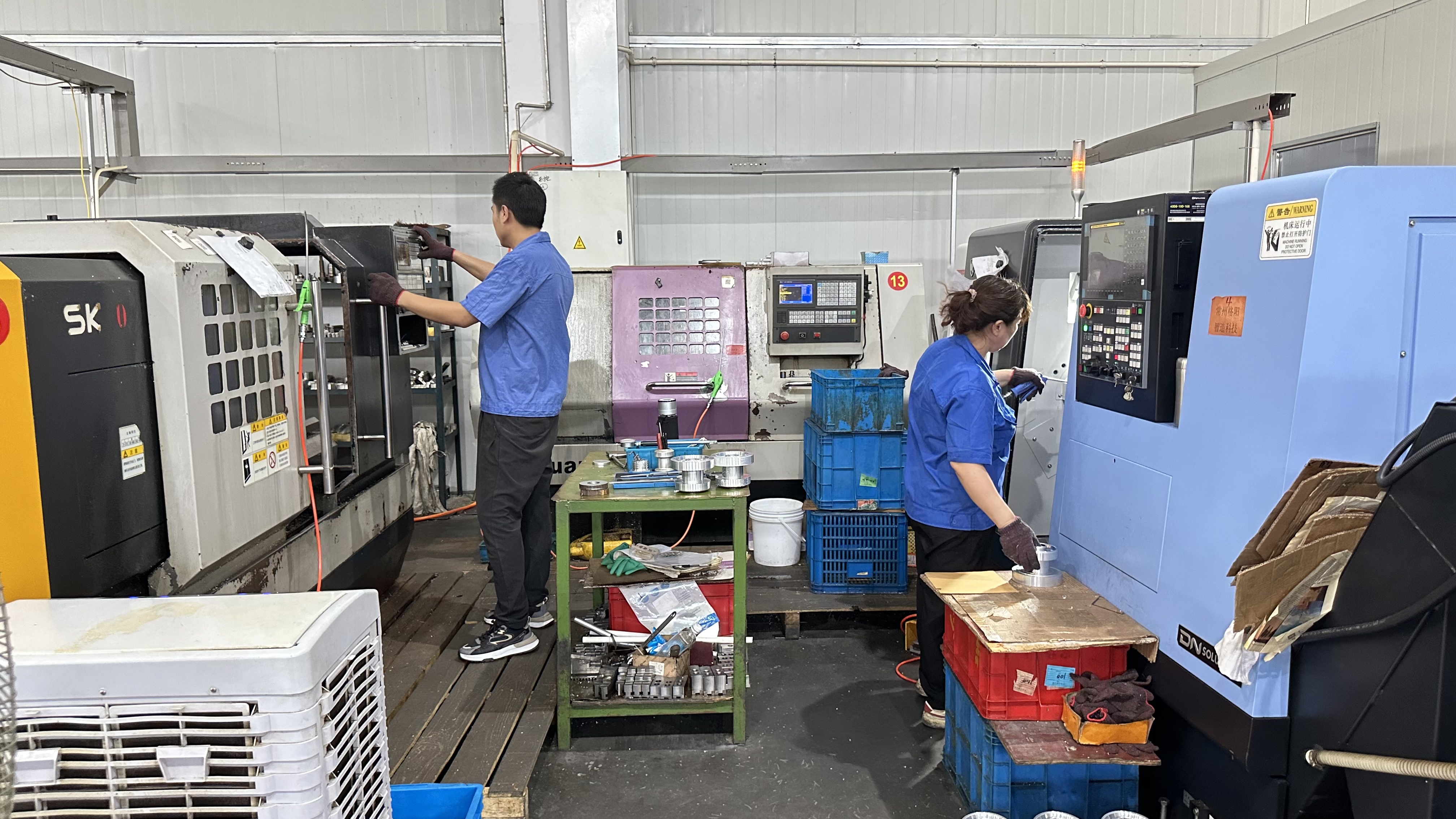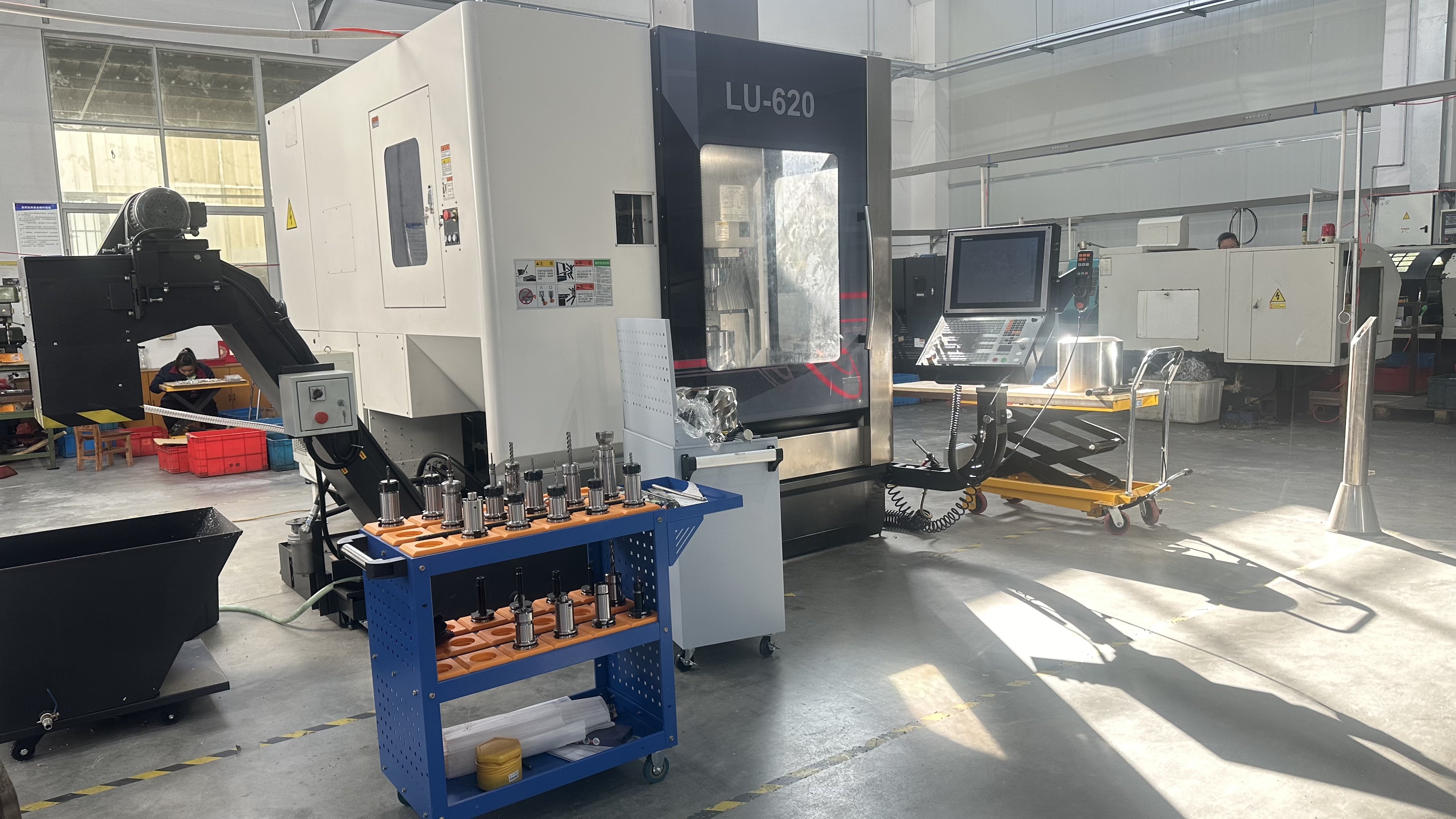The tie rods are made from billet aluminum and are in a hexagon shape. The tie rods have 8mm left and right hand threads and come in fourteen different sizes in and four different colors.
Brand New & Unused
Any part can make with customer request. You will have distinctive part.
Part can be do many colour.
We specialize in automation machines, CNC machining parts, covering turning, milling, wire EDM cutting, etc. With 13 years experience. Please send us drawings or samples with details technical requirement. We can design drawings for customers base on provided information.
Rod End Bearing Joint: Precision Linkage for Go-Kart Steering and Suspension
The Rod End Bearing Joint is a pivotal component designed to provide smooth, adjustable connections in go-kart steering and suspension systems, ensuring precise control and durability. Crafted from high-strength materials like steel or aluminum, this spherical joint—often called a heim joint or rose joint—features a ball swivel within a threaded housing, allowing rotational and angular movement. Available in sizes such as 3/8” or M10 with bore diameters from 5/16” to 1/2”, it fits a variety of kart chassis from brands like Tony Kart, CRG, and Manco. Whether you’re racing on a technical track or building a custom kart, the Rod End Bearing Joint delivers reliability, strength, and versatility for optimal performance.
What Is a Rod End Bearing Joint?
A Rod End Bearing Joint is a spherical bearing housed in a threaded shank, typically with male or female threads (e.g., 3/8-24 or M10), used to connect steering tie rods, throttle linkages, or suspension components in go-karts. Made from steel for robustness or aluminum for lightweight applications, it allows multi-axis movement, accommodating misalignment and vibration, as detailed by GoKartSupply and KartFab. It’s a critical link for translating input into motion.
Why Use a Rod End Bearing Joint?
Rod End Bearing Joints ensure smooth, precise articulation in steering and suspension, reducing play and enhancing responsiveness while withstanding high loads and wear. They allow racers to adjust alignment or linkage settings for track conditions, a benefit noted by Point Karting and BMI Karts, while offering DIY builders a durable, flexible solution for custom setups. Their versatility makes them essential for dynamic kart systems.
Built for Durability and Compatibility
Our Rod End Bearing Joints are engineered to fit standard go-kart applications, with options in zinc-plated steel, stainless steel, or anodized aluminum. Available with male or female threads and jam nuts, they support chassis from OTK, QRC, and Yerf-Dog, ensuring compatibility with engines like Predator 212cc or Rotax Max, and providing a robust, adaptable joint for steering and suspension needs.
Key Features of the Rod End Bearing Joint
The Rod End Bearing Joint combines strength, flexibility, and practical design, making it a vital component for go-kart performance. Here’s what sets it apart.
High-Strength Steel or Aluminum Construction
Made from Grade 8 steel or 6061 aluminum, these joints offer exceptional durability: steel versions (e.g., GoPowerSports’ 3/8” heim) provide tensile strength up to 150,000 PSI for heavy-duty use, while aluminum joints (e.g., Point Karting’s anodized options) weigh 1-2 ounces, reducing kart mass, with corrosion-resistant finishes per BMI Karts’ specifications.
Spherical Bearing for Multi-Axis Movement
Featuring a hardened steel or PTFE-lined ball within a housing, the joint allows rotational and angular motion (e.g., 20-30° misalignment per KartPartsDepot), accommodating steering and suspension dynamics. This design, as noted by GoKartSupply, ensures smooth operation under load, reducing binding and wear in high-stress applications.
Threaded Shank for Adjustability
Available with 3/8-24, M10, or M12 threads—male or female (e.g., FK Rod Ends from Comet Kart Sales)—the joint enables length and alignment adjustments when paired with tie rods or linkages. This adjustability, highlighted by KartFab, supports precise toe settings (e.g., 1/8” toe-in) or throttle tuning, enhancing control and customization.
Corrosion-Resistant Finishes and Linings
Offered with zinc plating, chrome coating, or black anodizing, these finishes protect against rust and wear from moisture or track debris. Stainless steel or PTFE-lined options (e.g., Point Karting’s racing joints) further resist corrosion and friction, extending lifespan beyond uncoated metals, per e-rigging.com’s material insights.
Applications of the Rod End Bearing Joint
The Rod End Bearing Joint’s robustness and versatility make it suitable for a variety of karting scenarios, from competitive racing to rugged use.
Competitive Kart Steering Systems
In sprint, oval, or endurance racing, the joint ensures precise steering linkage on chassis like OTK or Tony Kart under high-speed conditions. Supporting engines like Rotax Max or IAME X30, it allows fine-tuning of toe and Ackerman angles, a tuning advantage noted by GoKartGuide and Point Karting, enhancing handling and stability on technical tracks.
Suspension and Throttle Linkages
For karts with suspension or adjustable throttles (e.g., Predator 212cc or Honda GX200), the joint provides smooth articulation in A-arms or throttle rods. Its durability and misalignment tolerance, per GoPowerSports’ catalog, maintain control and responsiveness, ideal for club racing or custom setups requiring precise motion.
Custom Builds and Junior Karts
DIY builders and parents upgrading junior karts use the joint for bespoke steering or suspension systems. Lightweight aluminum options and adjustable threads (e.g., 6” to 25” tie rods per BMI Karts) suit custom frames or smaller spindles, ensuring young drivers maintain control, as recommended by KartFab’s DIY plans.
Off-Road and High-Stress Conditions
In off-road or dusty environments, the joint’s steel construction or corrosion-resistant finishes withstand impacts and debris, maintaining steering and suspension integrity on rough trails. It supports karts like American Sportworks models, ensuring reliable performance, as noted by Comet Kart Sales’ rugged components.
Technical Specifications and Installation Guide
To ensure optimal performance, understanding the Rod End Bearing Joint’s specifications and proper installation is key. Here’s a detailed breakdown.
Size and Compatibility
Our rod end joints range from 5/16” to 1/2” bore diameters, with thread sizes of 3/8-24, M10, or M12 (e.g., KartPartsDepot’s 10mm kit), fitting tie rods or linkages from 6” to 25” in length. They support chassis from Manco, CRG, and Tony Kart, compatible with steering and suspension systems for engines from 150cc to 300cc, per GoKartSupply’s specs.
Material Strength and Durability
Steel joints offer tensile strength up to 150,000 PSI, lasting 800-1,200 hours under heavy use, while aluminum (6061) provides 45,000 PSI and 500-700 hours, with anodized finishes extending wet-condition life to over 1,000 hours, per e-rigging.com’s data. Both resist wear and corrosion, ensuring consistent reliability.
Step-by-Step Installation
Preparation: Measure tie rod or linkage length (e.g., 10”). Gather the joint, tie rod, jam nut, and tools (e.g., 9/16” wrench, thread locker).
Assembly: Thread the joint onto the rod end (left-hand or right-hand), adjusting to match the required length. Secure with a jam nut, hand-tightening initially.
Mounting: Attach the joint’s bore to the pitman arm or spindle arm using a 3/8” or M10 bolt, tightening to 20-25 ft-lbs. Lock the jam nut to 15-20 ft-lbs after aligning toe or linkage (e.g., 1/8” toe-in per KartFab).
Final Check: Rotate the steering wheel or linkage to confirm smooth motion and no binding. Test at low speed to verify alignment and responsiveness, adjusting if needed.
Maintenance Tips
Inspect joints for wear (e.g., play in the ball, corrosion) after off-road or high-impact runs, cleaning with a soft brush and mild solvent. Lubricate the ball sparingly with grease and re-tighten jam nuts after 50 hours. Replace if the ball binds or housing cracks, typically after 700-1,200 hours depending on material and use.




















